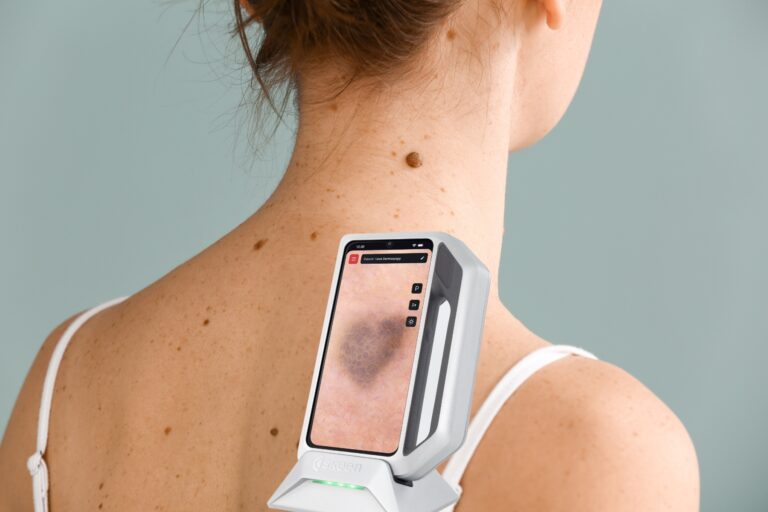What we do
Pulmonology is concerned with the diagnosis and treatment of lung diseases, as well as secondary prevention (tuberculosis). Surgery of the respiratory tract is generally performed by specialists in cardiothoracic surgery (or thoracic surgery), though minor procedures may be performed by pulmonologists.Conditions pulmonologists commonly treat include:
- Asthma
- Bronchiectasis, A Condition That Involves Inflammation And Excess Mucus
- Bronchitis, Which Happens When You Have Inflamed Lower Airways
- Chronic Obstructive Pulmonary Disease (COPD), Which Causes An Airflow Blockage
- Emphysema, Which Happens When The Alveoli In Your Lungs Are Damaged
- Interstitial Lung Diseases, Which Affect The Space And Tissue Within The Lung
- Occupational Lung Diseases, Which Can Occur Due To The Inhalation Of Dusts, Chemicals, Or Proteins
- Obstructive Sleep Apnea, Which Causes Your Breathing To Slow Or Stop Entirely When You’re Sleeping
When should you see a pulmonologist?
If you’re having any unusual symptoms, you should meet with your primary care doctor. They will perform a medical exam and assess your overall condition. They may refer you to a pulmonologist if you:- Have Difficulty Breathing
- Have A Persistent Cough
- Regularly Cough Up Blood Or Mucus
- Smoke
- Have Unexplained Weight Loss
- Have Trouble Exercising Due To Breathing Problems Article Resources
Pediatric pulmonology
There are many differences between pediatric and adult patients beyond “size”.
When a child has some types of respiratory issues, a pediatric pulmonologist is specialized in their treatment and has the experience and qualifications to treat your child. Pediatric pulmonologists diagnose and manage children from birth to 18 years old with breathing and lung-related issues.
Common conditions include:
-
Difficulty breathing, noisy breathing and wheezing,
- elongated or chronic cough,
- infection of the lower respiratory tract,
- asthma (chronic inflammation of the airways),
- chronic lung disease in children






